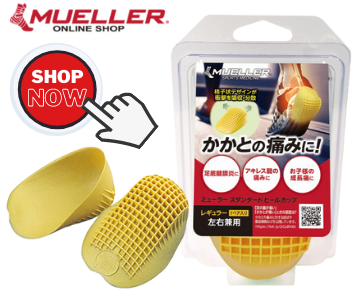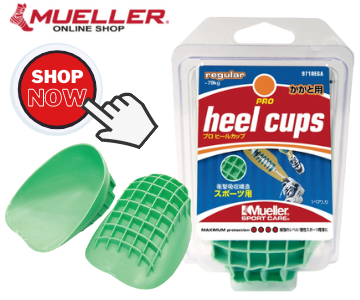Following the complete lifting of the state of emergency due to the COVID-19 outbreak, classes have resumed in schools across the country, but there has been an increase in patients complaining of pain in the soles of their feet due to their children's sudden exercise, as well as general patients complaining of pain in their heels.
Have you ever had the following experiences among ordinary people?
- Heel pain due to long hours of standing or walking
- Pain worsens when climbing stairs or standing on tiptoes
- In the morning, the pain is felt on the first step after waking up, but gradually decreases as the patient walks, and in the evening, as the patient's walking volume increases, the pain becomes stronger again.
- The pain is strong when you start running, but it gradually improves as you continue exercising, and the pain becomes strong again after a long time.
These symptoms may be the early stages of a disease called "plantar fasciitis" or "Achilles tendon insertional syndrome."
What is plantar fasciitis?

The plantar fascia is a membrane on the bottom of the foot that plays an important role in maintaining the arch of the foot.
When you stand and put weight on your foot, stress is placed on the plantar fascia.
It is thought that long periods of standing at work, walking, weight gain, and sports cause excessive stress to be concentrated on the plantar fascia (the part that attaches to the heel bone), resulting in pain.
In many cases walking is possible, but if left untreated it can become difficult to treat.
What is Achilles tendon enthesopathy?

The Achilles tendon is the largest tendon in the human body and extends from the triceps surae muscle.
It causes pain where the Achilles tendon attaches to the heel bone, and is often caused by overuse and stress from running or jumping repeatedly.
Like plantar fasciitis, if left untreated it can become chronic and difficult to treat.
Treatment
The most important thing in treatment is to first make a proper diagnosis. Once a diagnosis has been made, there are two types of treatment for these symptoms: conservative therapy (physical therapy, drug therapy) and surgical therapy.
Physical therapy includes the use of insoles and stretching.

Message from Professor Kentaro Amano
Plantar fasciitis and Achilles tendon enthesopathy are troublesome diseases that often take a long time to improve once they develop. However, by taking care of yourself on a daily basis, you can alleviate the symptoms and prevent recurrence.
If the symptoms are severe, we recommend that you first visit a medical institution. If the condition is mild, or if you want to treat the pain and prevent recurrence, we recommend using the heel cup to stabilize the heel and absorb shock.
Live a fulfilling life with pain-free heels.
Supervised by Dr. Kentaro Amano, Deputy Chief of Orthopedic Surgery, St. Luke's International Hospital
#Heel pain #Sole of the foot hurts #Plantar fasciitis #Achilles tendon insertion disease
Mueller heel cups reduce and prevent pain in the soles of your feet and heels
Mueller Standard Heel Cup

¥1,760
Mueller Pro Heel Cup

¥1,760

